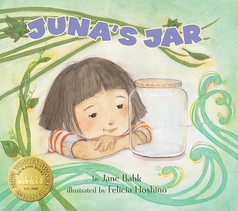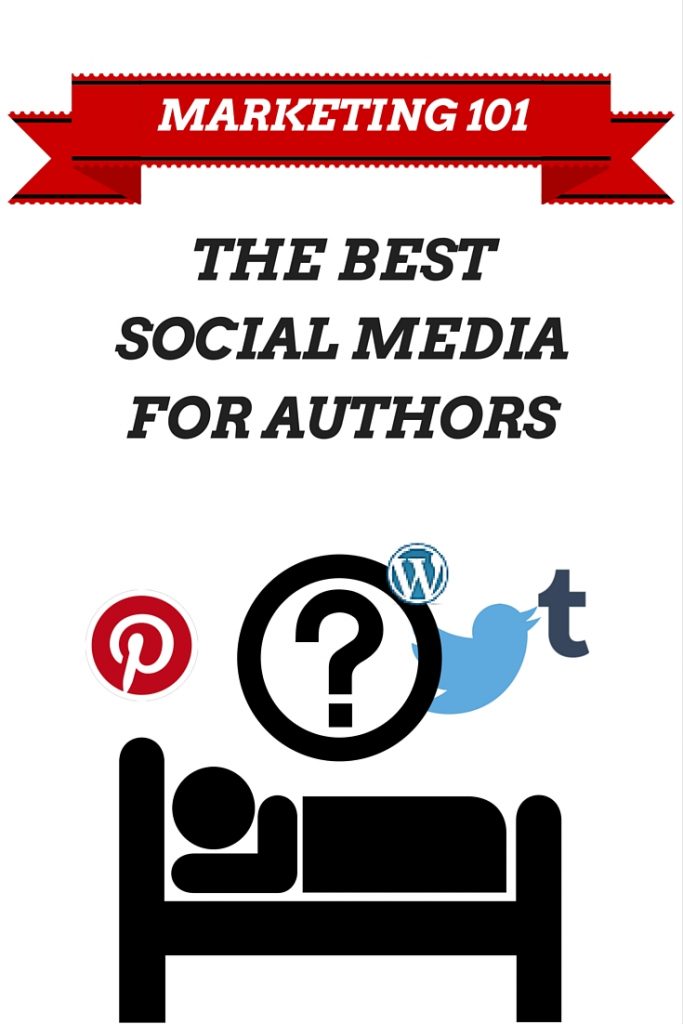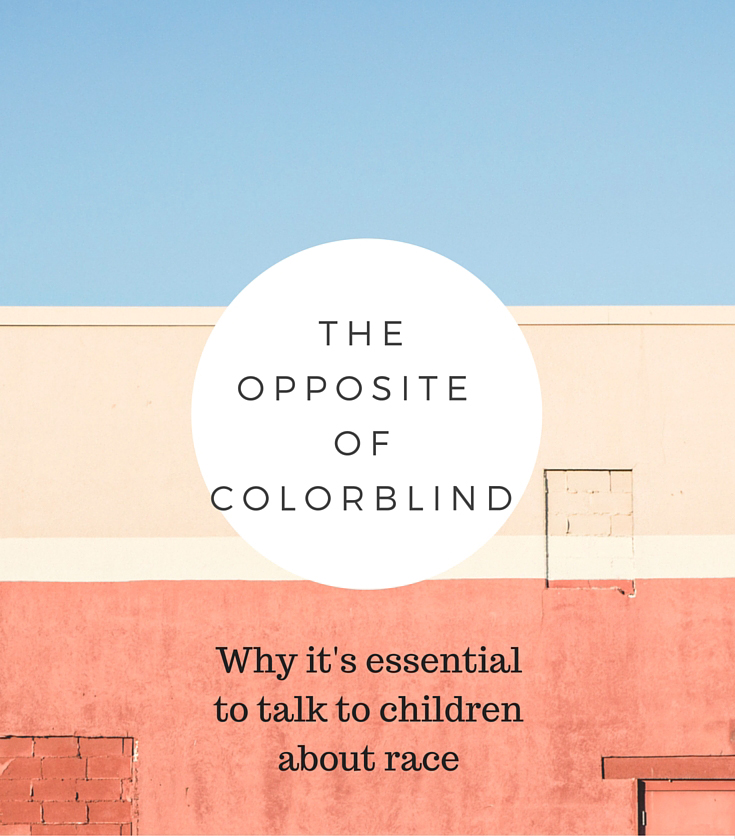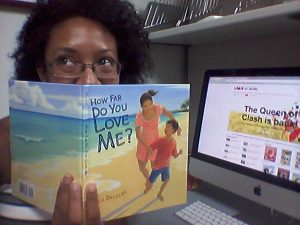Grandparents Day– September 13th– is a great reminder for us all to
show our grandparents how much we love and appreciate them (& their impressive ability to never run out of reasons to send a card). From their tremendous accomplishments and contributions to those warm and magical memories we have, finding a reason to #DoSomethingGrand in their honor is never that hard. Freshly baked cookies, anyone? Continue reading
Final Call: Two Contests for Unpublished Writers of Color
Are you an unpublished author of color who writes for young  readers? If so, we encourage you to submit your manuscript to LEE & LOW’s annual writing contests. Our well-established contests
readers? If so, we encourage you to submit your manuscript to LEE & LOW’s annual writing contests. Our well-established contests
support new authors of color and highlight voices that remain underrepresented in traditional publishing. Past winners include Ink and Ashes and Juna’s Jar. Continue reading
Marketing 101: The Best Social Media Platforms For Authors
This post is part of an ongoing series at The Open Book answering  questions about book marketing and publicity.
questions about book marketing and publicity.
One of the questions I get most often from authors—both new and
experienced—is, “Which social media platforms do I have to be on?” There are a lot of ways to answer this question but I want to start by addressing the question itself, which is often phrased in exactly this way. The answer is: you don’t have to be on any social media platforms that you don’t want to be on. Social media can help you connect with new readers, raise your discoverability, and sell books, but it can also be a drain on your time, attention, and ideas. Social media is not for everybody, and not every platform is for every writer. So the first thing to do is let go of the guilt and pressure you feel to be on every social media platform that exists, posting content in real time. Almost no authors can pull this off and it’s not worth losing your sanity to attempt it. Continue reading
Diversity Baseline Survey Update: #BigFiveSignOn and Survey Deadline
Exciting things have happened with the Diversity Baseline Survey since our last update!
8 Ideas for Educators to Get Students Excited About the Public Library This School Year
Do you know how many books your students or their families own or even have access to? The start of school is a great time to introduce (or reintroduce) children (and their families) to the public library.
The Opposite of Colorblind: Why it’s essential to talk to children about race
 In this post, Tu Books Publisher Stacy Whitman discusses why avoiding discussions of race with young people can do more harm than good.
In this post, Tu Books Publisher Stacy Whitman discusses why avoiding discussions of race with young people can do more harm than good.
Many African American parents already know what “the talk” is. It’s  not the talk that many white parents might expect—we’re not talking about the birds and the bees. No, this “talk” is the one where black parents have to sit with their children and discuss how they might be perceived by the world around them: particularly police, but also teachers, neighbors, and friends who are not from their racial background.
not the talk that many white parents might expect—we’re not talking about the birds and the bees. No, this “talk” is the one where black parents have to sit with their children and discuss how they might be perceived by the world around them: particularly police, but also teachers, neighbors, and friends who are not from their racial background.
Though the burden often falls on parents of color alone to discuss these issues with their children, in reality all parents should address race with their kids in a conscious and meaningful way. Communities are also seeking ways to address interpersonal racial issues,
particularly in schools. Having the tools to know how to discuss racial matters is essential for children from all backgrounds. Continue reading
How I Created the Ink and Ashes Personality Quiz
 Kandace Coston is LEE & LOW’s summer intern. She is one of five recipients of the We Need Diverse Books Internship Program inaugural grant. She graduated from Barnard College where she majored in music and took every creative literature class possible. In her free time, Kandace pursues her other interests, which include American Sign Language, handmade jewelry, and composing cinematic adventures! Continue reading
Kandace Coston is LEE & LOW’s summer intern. She is one of five recipients of the We Need Diverse Books Internship Program inaugural grant. She graduated from Barnard College where she majored in music and took every creative literature class possible. In her free time, Kandace pursues her other interests, which include American Sign Language, handmade jewelry, and composing cinematic adventures! Continue reading
How a Writing Contest for Students is Changing the Immigration Narrative
 LEE & LOW BOOKS has two writing contests for unpublished authors of color: the New Voices Award, for picture book manuscripts, and the New Visions Award, for middle grade and young adult manuscripts. Both contests, which are now open for submissions aim to recognize the diverse voices and talent among new authors of color who might otherwise remain under the radar of mainstream publishing.
LEE & LOW BOOKS has two writing contests for unpublished authors of color: the New Voices Award, for picture book manuscripts, and the New Visions Award, for middle grade and young adult manuscripts. Both contests, which are now open for submissions aim to recognize the diverse voices and talent among new authors of color who might otherwise remain under the radar of mainstream publishing.
In this guest post, we wanted to highlight another groundbreaking writing contest that’s bringing attention to marginalized voices and fostering a love of writing in students: the Celebrate America Writing Contest run by the American Immigration Council. Coming into its 19th year, the Celebrate America Writing Contest for fifth graders has been bringing attention to the contributions of immigrants in America through the eyes and pens of our youngest writers. Continue reading
Diversifying Your Back-to-School Reading
In this guest post from the Lee & Low archives, professor Katie Cunningham discusses ways to diversify Common Core recommended texts. As we gather resources to begin the new school year, Katie’s post is a good reminder that each year offers a fresh opportunity to look at the books we use with new eyes to see if they are serving us, and serving our students.
We live in an increasingly diverse society. Nowhere is this more evident than in classrooms, in both urban and suburban schools. Nationally, our classrooms are almost 45% non-White and the trend toward greater diversity is expected to continue. Our classrooms reflect this trend, but our classroom libraries do not. The New York Times found that despite making up about nearly a quarter of the nation’s public school enrollment, young Latino readers seldom see themselves in books. Those of us in schools working with children from minority backgrounds know this to be true as we scan our bookshelves and find protagonists that are overwhelmingly white and living in suburban, privileged settings. The Cooperative Children’s Book Center found that in 2011, only 6% of children’s books featured characters from African American, American Indian, Asian Pacific/ Asian Pacific American, or Latino backgrounds. Continue reading
10 Reasons to Read Diversely + Poster Giveaway
When we talk about reading diversely, the conversation often focuses on representation and social justice: making sure that our books don’t reinforce inequality by stereotyping, marginalizing, or erasing groups of people. This is urgently important.
But what often gets left out of the conversation is how reading diversely can be a matter of pure enjoyment. For those of us who love books because they help us see the world through someone else’s eyes, reading diversely can be the icing on the cake of a spectacular reading experience.
Here are our 10 favorite reasons to read diversely. What are yours?

